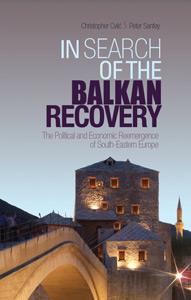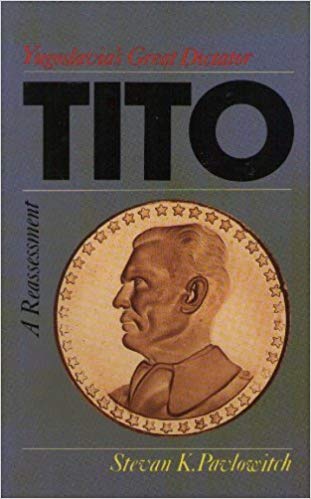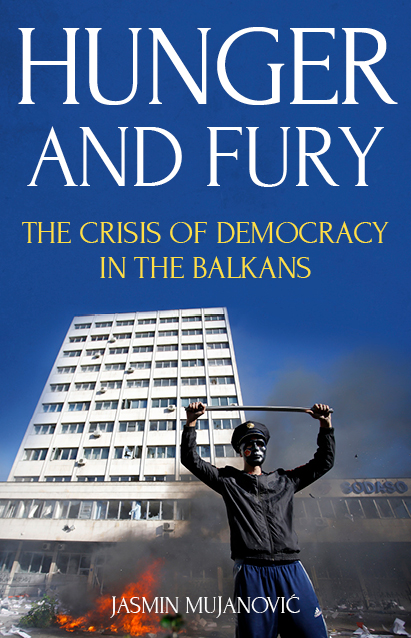Description
In the early ’90s the Balkans was rocked by the collapse of communism and the violent break-up of Yugoslavia. But the last decade has seen a transformation of South-Eastern Europe into one of the most dynamic emerging markets in the world. This book explains how the political scene has moved from conflict to cooperation, and how the economic recovery has been driven by growing investment and trade opportunities. The book explains why Yugoslavia broke up so violently and how other Balkan countries (Bulgaria, Romania and Albania) also went through great upheavals in the 1990s. It shows how the region’s prospects improved dramatically as wartime leaders in Croatia and Serbia left the scene. The role of the international community is examined critically and a contrast is drawn between the dithering and procrastination of European leaders in the 1990s and the more constructive ‘soft power’ approach of the EU and other international institutions in the current decade.
Also explained is how the region’s economic prospects have been turned around in recent years, with strong growth between 2000 and 2008. The recent global economic crisis has adversely affected economic performance, but the downturn is likely to be temporary; the Balkan region is well placed to take advantage of a global recovery, whenever that takes place. The book argues that the Balkan countries have strong long-term growth potential, but that achieving this will require careful macroeconomic management, the continuation of political stability and EU integration, and further improvements to the business environment.
Reviews
‘Insightful, thorough and well-researched … its chief advantage is the balanced overview of S.E Europe’s experience since the demise of communism in the late 1980s. It goes a long way in challenging and dispelling some of the stereotypes about the region’. — Dr Dimitar Bechev, St Antony’s College, University of Oxford
‘A remarkable book…short, readable and full of insights. The authors bring unrivalled knowledge and understanding of the region to this project’. –– Professor Willem Buiter, CBE; Chief Economist, Citigroup
Author(s)
Christopher Cviic, OBE, has had an extensive career as a writer and broadcaster. He wrote for The Economist (1969-1990), and served at the European Bank for Reconstruction and Development (EBRD), 1999-2007. He is the author of Remaking the Balkans, published in 1991.
Peter Sanfey is a Lead Economist at the EBRD, where he analyses economic developments and reforms in South-Eastern Europe. He has a PhD in Economics from Yale and taught at the University of Kent.






